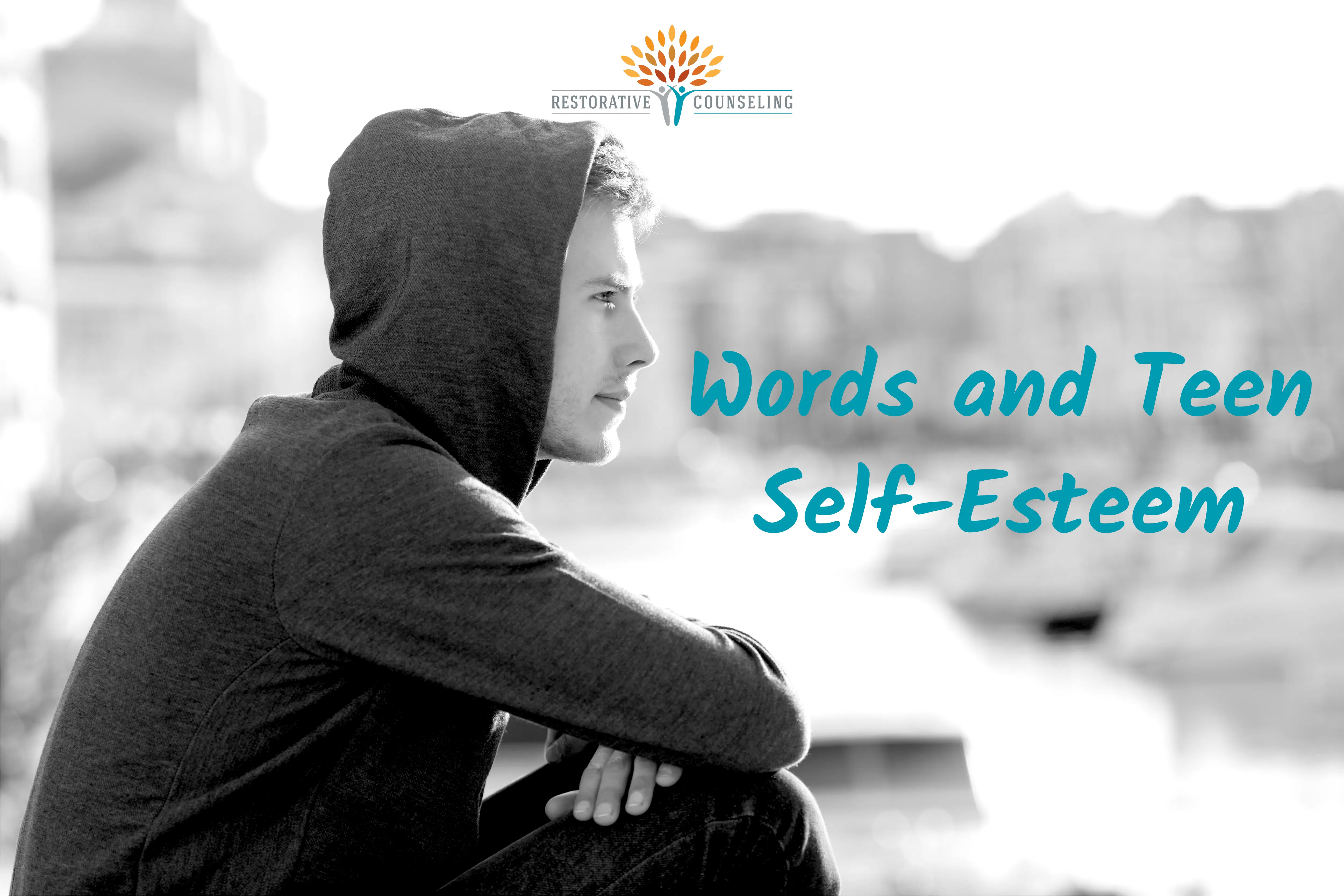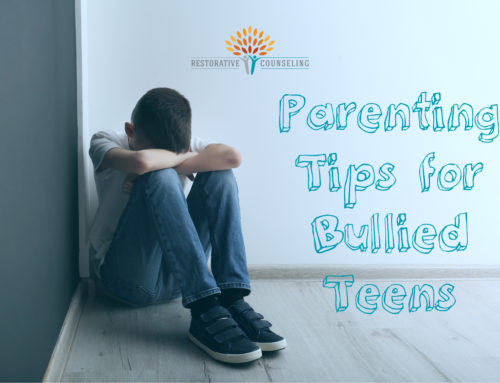Written by The Restorative Counseling Team
Remember hearing or maybe even reciting the phrase, sticks and stones may break my bones, but words will never hurt me. The meaning behind this phrase was supposed to help the young people of the world stand tall and confident against mean words. Perhaps words were said to them by friends, teachers, and maybe even family members. While the phrase had good intentions, it was not all true.
Sticks and stones will break your bones, but words will also hurt you.
Words have the power to build young people up, but they also have the power to tear them down. The words that mean the most to young people are the words spoken by the important people in their lives.
Let’s partner on building self-esteem.
Contact Us
Attachment Theory and Self-Esteem
Attachment theory explains that the most important relationship in your life is the one with a caregiver. A caregiver can be defined as a mother, father, grandmother, sister, aunt, or anyone else who raised you. The connection between a child and a caretaker teaches the child that there is someone always there to care for them. The caretaker tends to physical needs, like feeding the child food, as well as feeds their emotional needs by telling the child they are important, worthy, capable, strong, or smart. If the words and actions of the caregiver are positive, then the child will grow to have high self-esteem. However, if the words and actions of the caregiver are negative, then the child may develop low self-esteem. The words and actions of the caregiver continue to impact the child’s self-esteem as they grow into adolescence.
While attachment theory focuses on caregivers’ actions, it is important to note that there are other relationships in a teenager’s life that can impact their self-esteem. Teens’ teachers, coaches, role models, and mentors play a role too! These adults’ words matter just as much as the words of a teenager’s caregiver.
Is it too late??
There is some good news: it is NEVER too late to help a teen build self-esteem. During adolescence, the front part of the brain (the frontal lobe) is still developing. Teens have the capacity to shape their mindset and learn how to recognize their strengths, but they need help from a trusted adult. Teens need the adults in their lives to empower them. When adults consistently act in ways that tell teens they are capable, smart, and strong, teens learn how to recognize these qualities in themselves.
Here are some activities and tips that may be helpful in boosting a teen’s self-esteem:
- Show gratitude toward teens when they accomplish a goal or a big task. Say thank you or tell them how helpful they are.
- Have teens create a gratitude journal and have them write down three things they are grateful for each day.
- Have a discussion with teens about their likes and interests. Let them know you are here to support them and to show them you are invested.
- Teach teens about their heritage and their culture. Teaching teens where they come from and the traditions that are important helps them to internalize pride.
- Each and every chance you get, tell the teens in your life how much you love and appreciate them; let them know that they matter!
You matter! You can change the life of a teen you care about. It is time to use words to boost self-esteem.
If you are concerned about your teen’s self-esteem, you have options. Contact Restorative Counseling to learn more about our services and to schedule an appointment.


